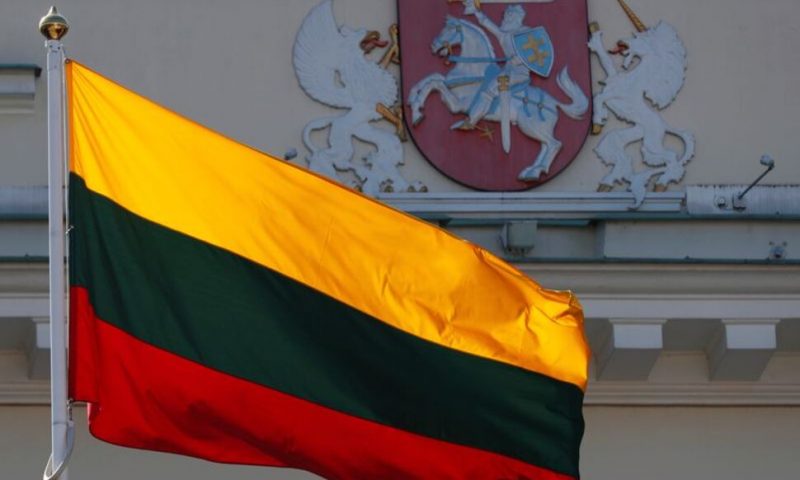VILNIUS – Lithuania imposed a stricter state of emergency on Thursday in response to Russia’s invasion of Ukraine, limiting rights to free expression and peaceful assembly, in what critics said were the toughest constraints on personal freedom since Soviet times.
The government in Lithuania, a NATO and EU member that was once part of the Soviet Union, declared a state of emergency on Feb. 24 hours after Russia invaded Ukraine, fearing Moscow could threaten Lithuania and deploying the army along its borders with Russia and Belarus.
The new legislation, which passed parliament with 71 votes in favour out of 117 cast, banned public events in support of “Russia or Belarus actions which led to this state of emergency”. Belarus has supported the Russian action, which Moscow terms a “special operation”.
In effect at least until April 20, the measure enables police to remove access to a media outlet for up to 72 hours for “disinformation”, “war propaganda” or “incitement of hate” relating to the invasion, parliament said.
“This motion limits the ability to say that ‘Putin is great’ in (public) meetings, and to spread war propaganda and disinformation,” Prime Minister Ingrida Simonyte said, referring to Russian President Vladimir Putin.
“I think no one in this parliament hall is interested to have this (Russian propaganda and disinformation) poison Lithuanian people’s determination and will to help Ukraine,” she added.
The new measure will also prohibit taking pictures, filming or “collecting information at location” about army movements or strategic energy infrastructure.
TV and radio stations established or controlled by Russian or Belarus subjects were banned unless otherwise stated or if broadcasting from within the European Union. Lithuania will also stop issuing visas to Russians and Belarussians.
Several opposition parties argued against the legislation on Thursday, calling it the strictest limitation of basic rights since the Baltic nation left the Soviet Union three decades ago.
“The government in effect says … every Lithuanian citizen is potentially a recruited spy or a saboteur. This is very dangerous,” opposition member Saulius Skvernelis told reporters.
Skvernelis is leader of In the Name of Lithuania, a party with 16 MPs in the 141-seat parliament.

